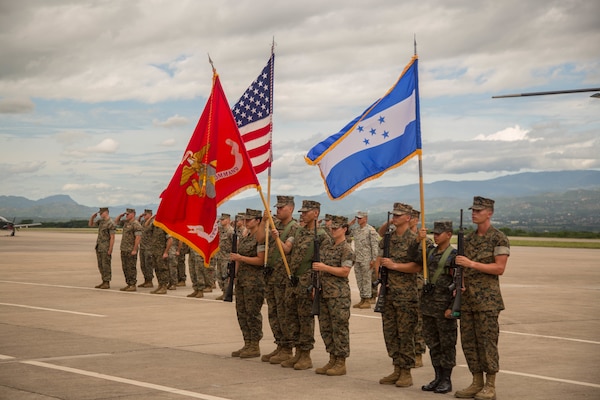Volume III – Number 2
Robert Templin
Abstract: In recent years, there has been a consistent pattern among Latin American militaries of attempting to maintain the status quo of their political power, even if that means repressing any political opposition among the civilians of their own countries. The United States, through its foreign policy, had also aimed to maintain that status quo because doing so simultaneously served to maintain hemispheric security and halt the spread of communism. However, a wave of anti-military sentiment swept through Latin America during the late 1950s, but in 1962, the militaries retaliated with their own wave of intervention, resulting in the overthrow of eleven constitutionally elected governments. The 1961 inauguration of John F. Kennedy as President of the United States also brought with it a new foreign policy toward Latin America that focused on enabling militaries to institute civic action programs and encouraging them to promote democracy within their countries. Unfortunately, the dream of instituting democratic principles in Latin American died with Kennedy, and under President Johnson, five more militaries have overthrown constitutional governments. The United States still maintains a policy of assisting these militaries with the goal of promoting democracy, but it is clear that these militaries do not have a vested interest in promoting democracy within their countries. If the United States is truly interested in spreading democracy throughout Latin American, U.S. foreign policy must make a drastic and immediate shift that recognizes the political realities of each country in Latin America.
Keywords: Latin America, military, United States, foreign policy, democracy, Kennedy, Johnson
Click here for full article



